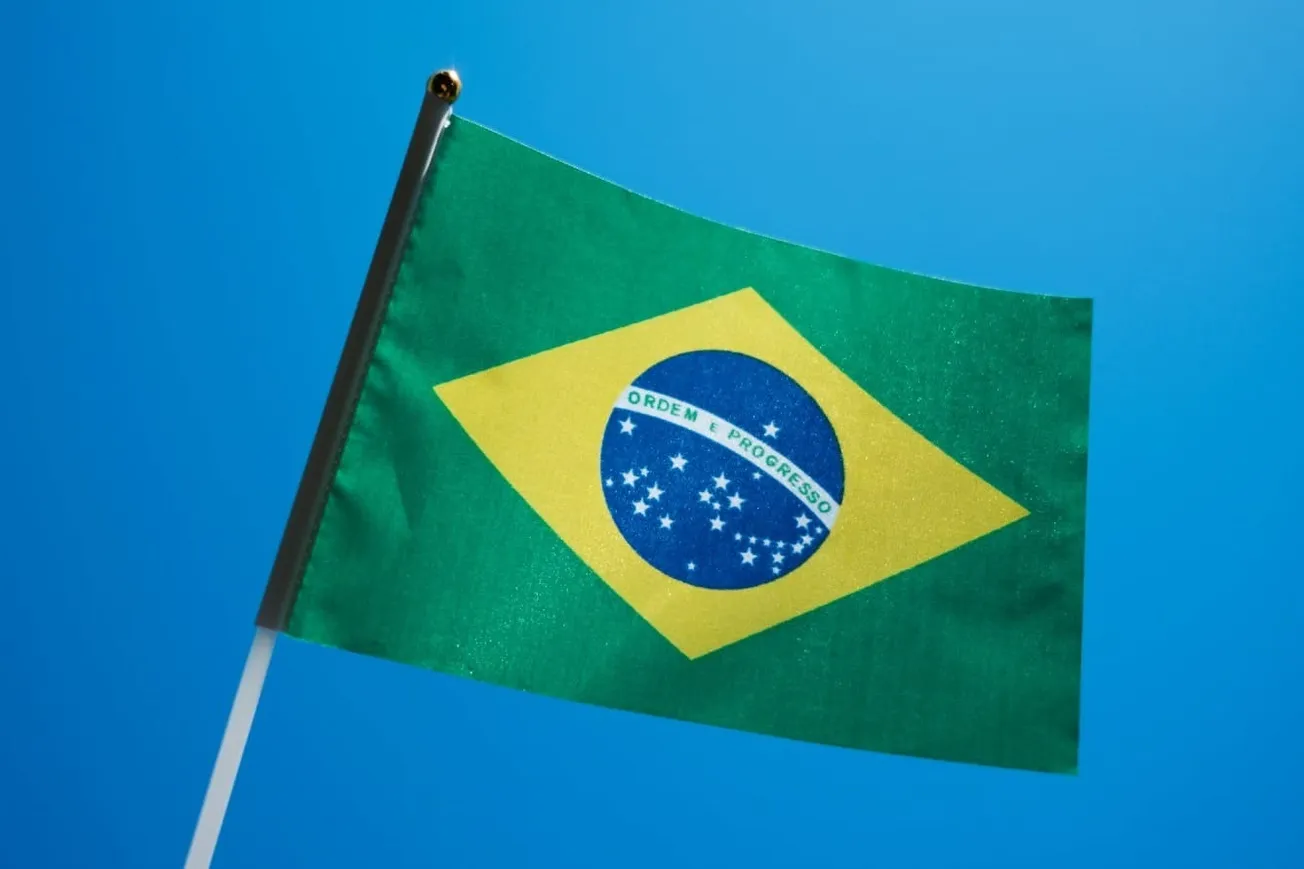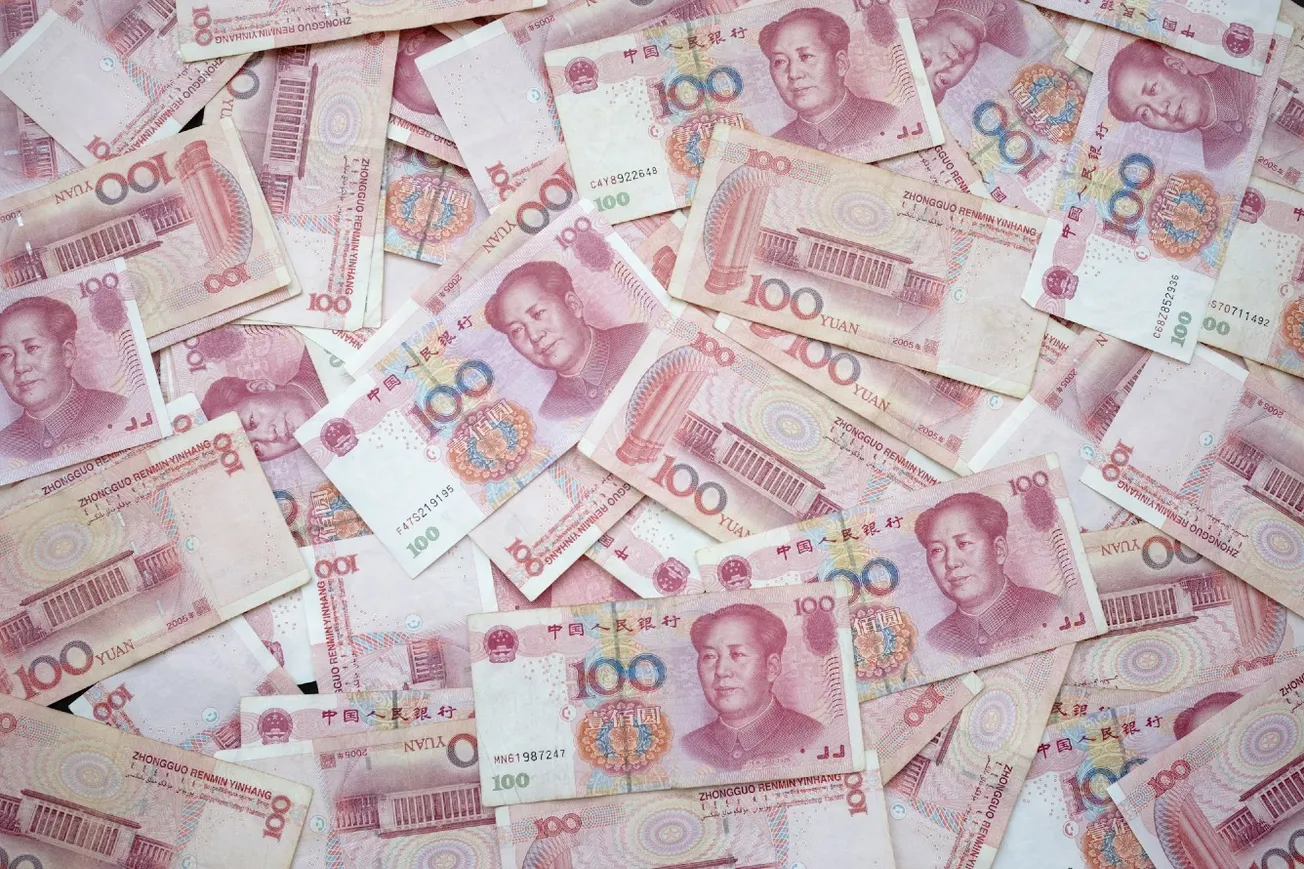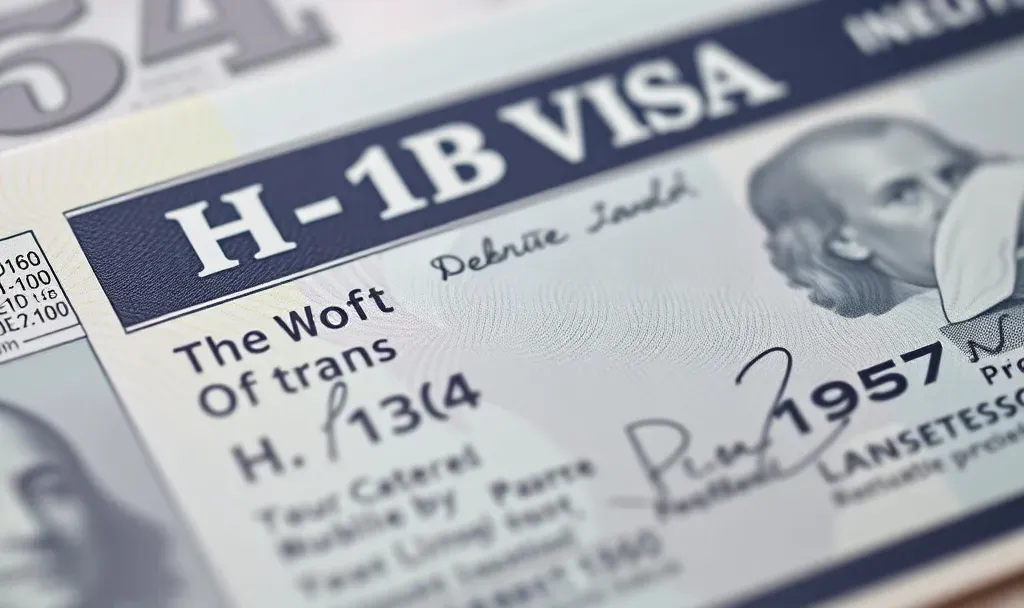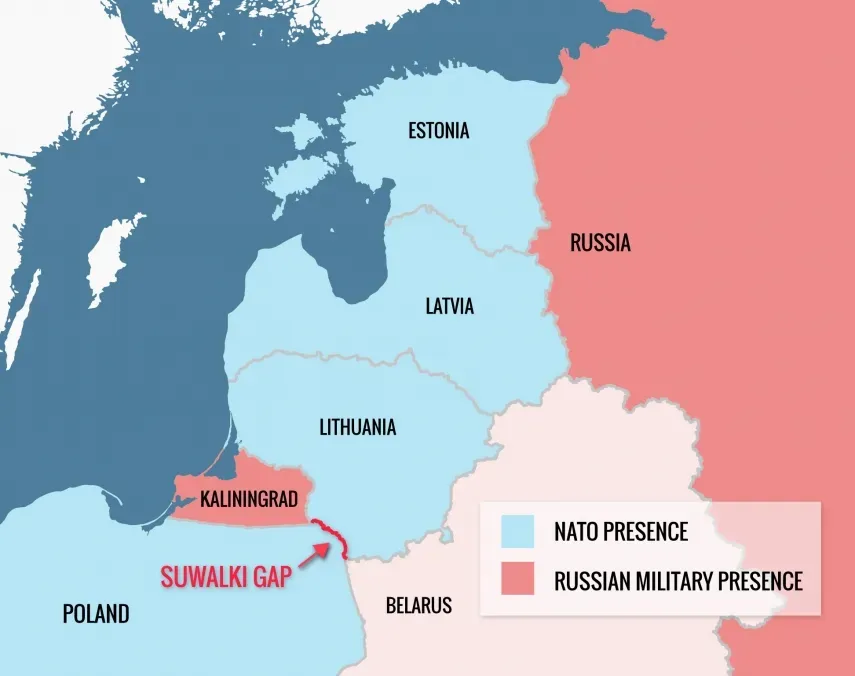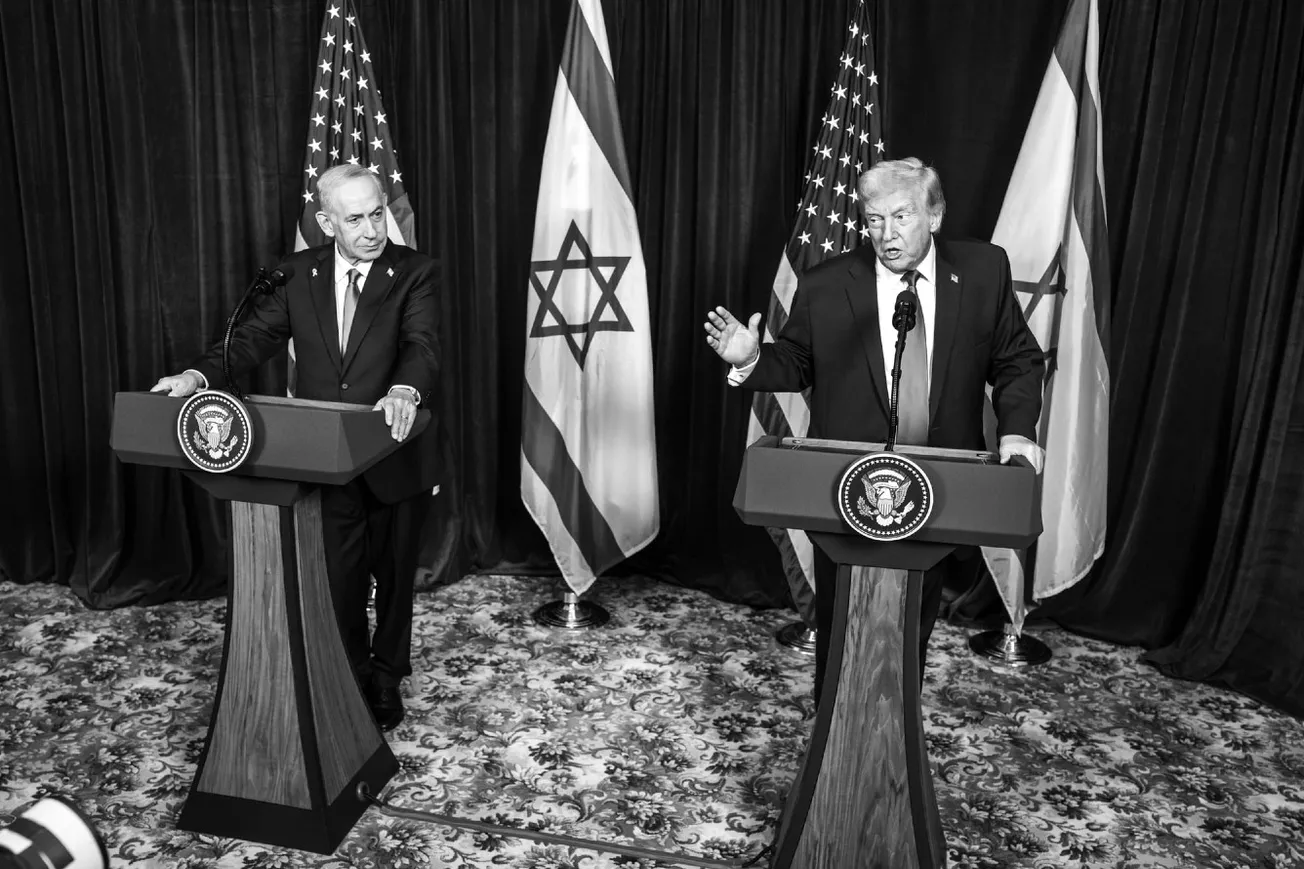Markets worldwide, and in the United States, took a tumble on Thursday, the first full day of trading following President Trump's tariff announcement. However, beneath the generally negative coverage in the media, there were numerous bright spots.
GM said it had decided to hire more temporary employees at its Ft. Wayne, Indiana, plant to expand production. The Rose Lawn gathering included several auto workers who cheered Trump in anticipation of better conditions for the auto industry in the coming months.
Over at OPEC, Reuters reported that eight OPEC+ countries "unexpectedly agreed on Thursday to advance their plan to phase out oil output cuts by increasing output by 411,000 barrels per day in May, a decision that prompted oil prices to extend earlier sharp losses." All of them, except Russia, had been featured on Trump's tariff chart on Wednesday—and on top of a 4% drop, oil fell further to below $70 a barrel.
These developments happened within 24 hours of Trump's announcement. On Air Force One, the president indicated that countries and companies have been constantly calling the White House, hoping to make a deal. Trump said that the threat of tariffs is making them reconsider their positions.
It was left to Steve Miran, the president's Chairman of the Council of Economic Advisors, to explain why countries will likely play nice with the White House: "...Traditional economic analysis, what economists call incidence analysis, argues that the more inflexible party bears the burden of any policy, whether it's a tariff, a tax, a subsidy, anything at all. And we're very flexible. We can substitute into home production, we can substitute among different exporting countries. However, other countries are much more inflexible because they've organized their entire economies around exporting to the American consumer."
Consider two countries—Vietnam and Germany—which operate significant trade surpluses of $123.5 billion and $84.8 billion, respectively. By trade surplus, economists mean the difference between these countries' imports from and exports to America. Given how dependent their economies are on selling to the United States, both Vietnam and Germany are the most likely to work with the Trump team to make a deal.
In 2023, Vietnam's exports to America reached $452.4 billion. Most of the products were low-end—textiles, footwear, furniture and furniture parts, and plastics—although, in recent years, Vietnam has strengthened its high-tech manufacturing capacity (electronics, computers, chips). With a population of only 98 million, Vietnam's GDP is heavily tied to exporting to America. [In comparison, India, with a population of nearly 1.5 billion, exports only $84 billion in products to the United States (although its service exports, as in software, are more than double this amount)].
If Vietnam doesn't cooperate with the White House, America could easily source its low-end Vietnamese imports from other Asian countries (Bangladesh, Philippines, Sri Lanka) or even expand to different parts of the world. Vietnam doesn't have the same luxury, and it is unlikely that other countries will be willing to substitute the price and volume of its exports to America. Indeed, Vietnam, facing a 46% reciprocal tariff as one of Trump's "worst offenders," has already announced that it is lowering car tariffs from 45%- 64% to 32%.
Germany's addiction to the American consumer is no less. However, Germany makes high-end products (complex machine tools, luxury cars, chemicals) that America may have trouble sourcing from other countries. Global conglomerates from Japan, China, South Korea, Italy, Switzerland, and France are capable of replacing Germany as a supplier, a fact that is terrifying to the average German company. So, again, Germany is likely to cooperate with the White House. Besides, a loss of American business could mean that trade is gone forever, as there may be no one to replace American orders.
Of course, a key German export is its impressive line of luxury cars from companies like Mercedes-Benz, Audi, BMW, Volkswagen, and Porsche. American buyers of these brands are wealthy and covet the prestige of owning these vehicles. In economic terms, these products are almost price-inelastic because the demand for a German car is unlikely to change significantly when its price changes.
There are three possible scenarios when Trump's stated 20% tariffs on European Union products kick in, and in each, America wins.
Suppose an American wants to buy a Porsche 911, a luxury sports car manufactured primarily in Stuttgart-Zuffenhausen, Germany. The sticker price is $120,000, and the new 20% tariff will push the car's selling price to $144,000.
Scenario 1: Porsche decides to pass on the entire 20% tariff to the consumer. The American buyer, desperate to own the iconic brand, finds the $24,000 tariff too high to stomach and decides to buy a Ford Mustang Shelby GT-500 instead, a muscle car with a starting price of $80,000 and with variants costing almost $120,000. [We are assuming that the consumer doesn't believe that the Porsche's price is inelastic]. Getting Americans to buy American cars has been a key objective of President Trump's. Indeed, Ford Motor Company announced today that every customer would get employee pricing at its dealerships for the next few months, a discount of several thousand dollars, making it even more attractive to buy American.
Scenario 2: Porsche decides to pass on the entire 20% tariff to the consumer. The American buyer, desperate to own the iconic brand, will pay the $24,000 tariff, which will directly go to the United States Treasury, lowering America's debt. Fellow Americans need to shed no tears for this wealthy buyer because consumption taxes, unlike income taxes, are based on a buyer's voluntary behavior. [No one forced the buyer to make the purchase]. America, after all, progressively taxes its citizens, with more affluent people paying more in taxes than middle-class citizens.
Scenario 3: Porsche decides to absorb the tariff fully, afraid of losing its market share. In this case, Porsche lowers its sticker price to $100,000 so that even after adding the 20% tariff, the final price for the American buyer will remain unchanged at $120,000. The $20,000 tariff goes to the United States Treasury, but it is effectively paid by Porsche through the reduced sticker price. America wins.
The above examples are relatively simple cases. In reality, there are millions of permutations, combinations, and complexities. What happens when a product contains parts made in multiple countries with different tariffs imposed by Trump, is finally assembled in a country with a low reciprocal tariff, and then shipped to the United States? What happens when a country with high reciprocal tariffs, like China, moves its production to a low-tariff country?
The devil, as they say, is in the details, and these have to be ironed out over the next few months. However, the first indications are that President Trump could get the results he desires.
TIPP Picks
Selected articles from tippinsights.com and more
1. Will Americans Support Trump's Plan To Hike Tariffs On Foreign Goods? The Answer Is 'Maybe': I&I/TIPP Poll - Terru Jones, TIPP Insights
2. The Reckoning: No More Mr. Nice Guy As Trump Launches Liberation Day Fair Trade Push—Editorial Board, TIPP Insights
3. Trump, Tariffs, And The Liberation Of Main Street Prosperity—Steve Cortes, TIPP Insights
4. How The U.S. Trade Deficit Differs By Country—TIPP Staff, TIPP Insights
5. Trump Predicted That Media Would Claim Tariffs Would Crash Economy—TIPP Staff, TIPP Insights
6. Capitol Hill Reacts To Trump’s ‘Liberation Day’ On Tariffs—George Caldwell, The Daily Signal
7. China Warns Of Retaliation After Trump Tariff Hikes—TIPP Staff, TIPP Insights
8. "Don't Retaliate:" Scott Bessent Warns Countries Against Tariff Pushback—TIPP Staff, TIPP Insights
9. Trump Comments This Morning After Tariff Announcement—TIPP Staff, TIPP Insights
10. What Rebalancing The US Economy Really Requires—Glenn Hubbard, Project Syndicate
11. An Old Interview Of Trump Criticizing "Free Trade" Resurfaces—TIPP Staff, TIPP Insights
12. Top Aide Finally Admits Biden Was Rapidly Declining, Falling Asleep By The Pool—Reagan Reese, DCNF
13. The AOC Train Wreck is Coming, and it's Going to Be Spectacular—Matt Taibbi, Racket News
14. ‘That’s A Huge Problem’: Sean Spicer Sounds Alarm About GOP Turnout When Trump Isn’t On Ballot—Harold Hutchison, DCNF
15. World’s Wealthiest University Waves White Flag To Trump—Natalie Sandoval, DCNF
16. Trump Pauses Federal Funding For Some Planned Parenthood Facilities—Moira Gleason, The Daily Signal
17. Biden-Era HHS Chief Becerra Announces Bid For California Governor—Jacob Adams, The Daily Signal
18. California Funneling $18 Million Into The Left’s Dark Money Network Under Gavin Newsom—Tyler O'Neil, The Daily Signal
19. 5 Wacky Moments From Cory Booker’s 25-Hour Senate Filibuster—George Caldwell, The Daily Signal
20. Would-Be Assassin Who Targeted Supreme Court Justice Will Plead Guilty in Court—Tyler O'Neil, The Daily Signal
21. Martha MacCallum Has To Remind Democrat Chris Coons Of One Unpleasant Fact About Social Security—Mariane Angela, DCNF
22. WHO Facing Massive Deficit—TIPP Staff, TIPP Insights
23. Hungary To Withdraw From ICC As Netanyahu Visits—TIPP Staff, TIPP Insights
24. Peace Isn't Free, Rubio Tells NATO Allies—TIPP Staff, TIPP Insights
25. White House Fires NSC Staff After Laura Loomer Meeting—TIPP Staff, TIPP Insights




